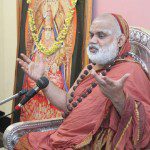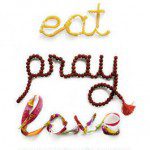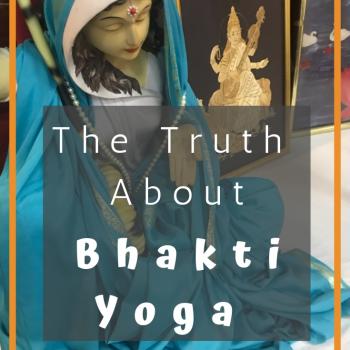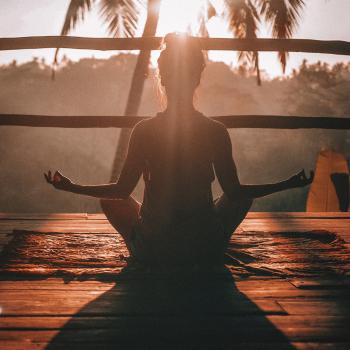Today is the last post in my collaboration with Peg from Patheos Pagan channel. It’s been a pleasure exploring this subject with her!
Here are the questions for this week…
What are some of the rituals by which your religion honors ancestors?
There are last rites and purification rituals when someone dies, but I’m more interested in the rituals that some do for long dead relatives and ancestors.
Some Hindus believe that a year of life on earth is equal to one day for those who are dead and so there is a yearly ritual to feed ancestors. Making offerings in conjunction with the rays of the sun is one such ritual. Many also make a special effort to feed and care for the poor during that time.
‘Pitri-Paksha’ is a 16 day period around September into October that is a time to honor and remember ancestors.
They say that you are born with a debt of gratitude towards God and towards your forebearers. Many say the best way to repay this debt is to be kind to others, be a good person, show your worth so your ancestors will be thought well of.
In the Mahabharata Yudhisthira says that the living are more numerous than the dead because the dead are no longer. While that is true enough, there may still be a sort of limbo in between births and the length of time a soul may spend there is said to vary depending on the good he did in his life.
Whether you believe that your ancestors are still existing in a form of some kind or that it is simply right to respect those who brought you to where you are today, there is a way within Hinduism for you to practice your belief.
Here is a very detailed explanation of how to observe the fortnight of Pitri Paksha: http://forumforhinduawakening.org/living/pitrupaksha
Additional background and information here: http://www.metaphysics-knowledge.com/miscellaneous/what-is-pitru-paksha-significance-relevance.html/
How does your religion help you process the death of a loved one?
I’ve found it hard to let go of that. We are not our bodies and we are not our individual lives. We are so much more than that. I believe that with all my heart, but still I ache to have her back exactly the way she was.
Sometimes I think it would be nice to believe in a heaven where I’d find her in her bodily form and just hang out with her, talk and enjoy her company for eternity. But I’m not able to believe that. It sounds too ridiculous even just imagining it. Besides, neither one of us is Christian.
What are your personal beliefs about the afterlife? Do they coincide with your chosen spiritual path?
My belief about what happens when we die is a huge part of why I’m a Hindu today. Reincarnation was just a given in my household growing up. It made sense. All the questions I had as a kid could be easily addressed with the concept of reincarnation.
Questions like: where do all the souls of all time go? Doesn’t heaven get crowded? Why do children die? Why do people die at different times? Why do some people seem to find a purpose in life and others never do? Why do we come into the world with different interests and personalities? Why would God put a time limit on finding Him?
When I asked those things as a kid, it was easy to understand how reincarnation addresses all of them.
When I was in college and encountered a branch of Christianity that insisted on exclusivity, I explored it. I thought it would be worth trying in case they were right. As much as I tried, I could not believe as they believed. The biggest hurdle was the reincarnation idea. I could not not believe in it. To me the world just doesn’t make any sense without it.
It was realizing how deeply ingrained the belief in reincarnation was for me that first led me to begin to think that I might be a Hindu.
That was nearly fourteen years ago! That questioning and exploring led me to realize that I had always been a Hindu I just hadn’t known it.















